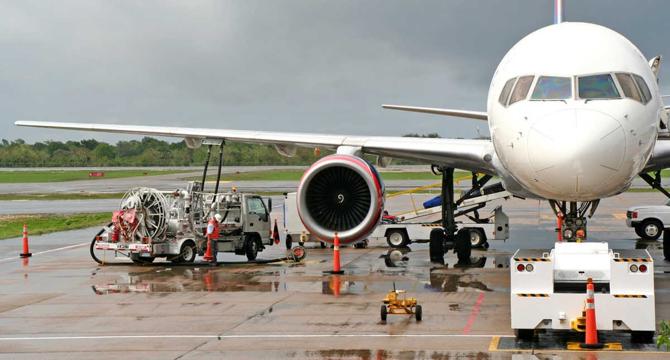COSMOS
4w
17

Image Credit: COSMOS
Experts warn sustainable aviation fuel’s on a long haul flightpath
- New research shows advancements in carbon-neutral aviation fuel production efficiency, pivotal in reducing aviation sector emissions.
- Experts caution against over-reliance on 'eco-fuels' like synthetic sustainable aviation fuels due to limited technical alternatives for aviation energy transition.
- Major challenge lies in making sectors like aviation sustainable as direct electrification is not feasible for airplanes; reliance on sustainable aviation fuels is crucial.
- Sustainable aviation fuels like synthetic biofuels, algae, and hydrogen show promise but face scalability challenges and higher costs.
- EU aims for sustainable aviation fuels to constitute 70% of supply by 2050, emphasizing the need for sustainably produced kerosene in the aviation sector.
- Recent developments by KIT and Sunfire demonstrate the production of synthetic kerosene from water vapor and CO2 co-electrolysis technology at an industrial scale.
- Efforts to ramp up sustainable fuel production face hurdles including higher costs compared to conventional fuel, posing economic challenges for the aviation industry.
- Sustainable aviation fuel production advancements require significant scaling up to meet the demand for commercial aviation use, highlighting the continued need for innovation and investment.
- Experts advocate for collective efforts in addressing aviation emissions, emphasizing the importance of understanding and tackling the challenges of sustainable aviation fuels.
- Proposals include encouraging businesses and universities to invest in sustainable aviation fuels to support decarbonization efforts and ensure economic viability in the sector.
Read Full Article
1 Like
For uninterrupted reading, download the app